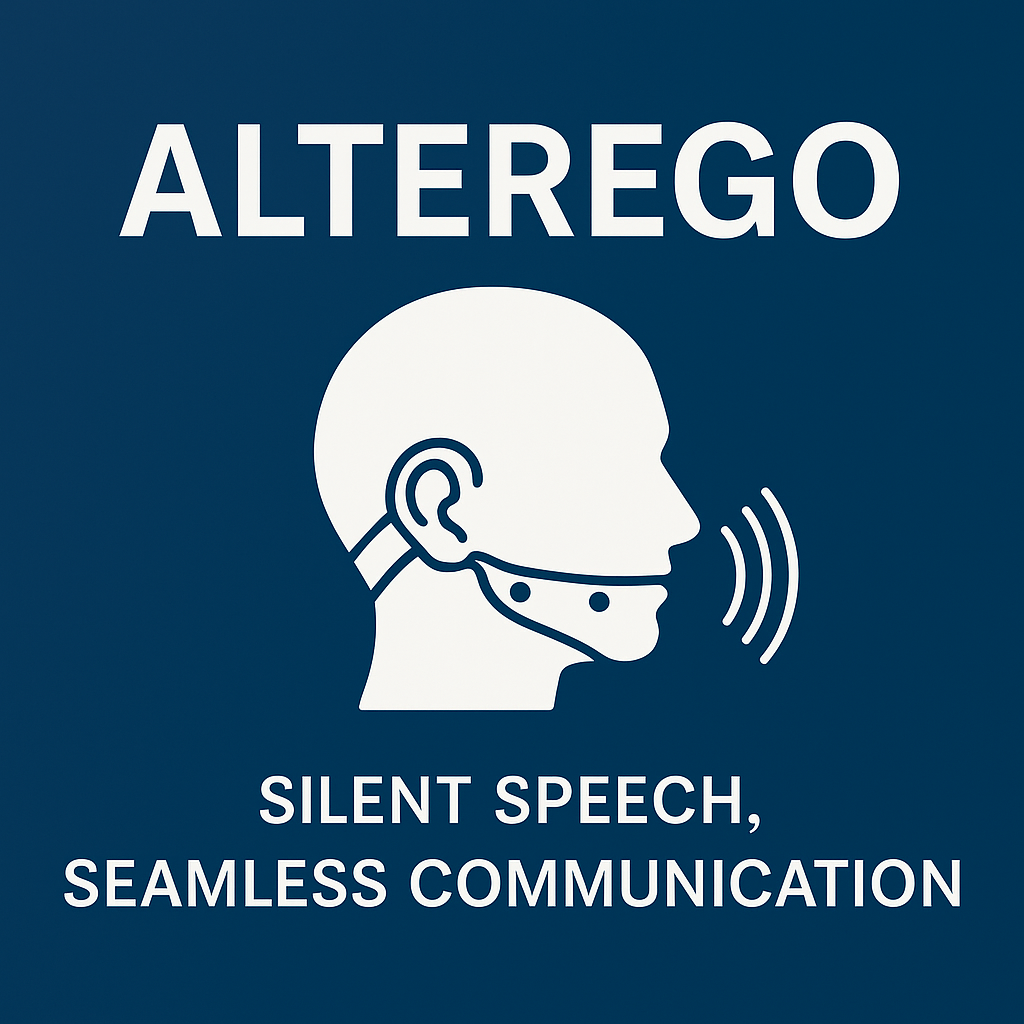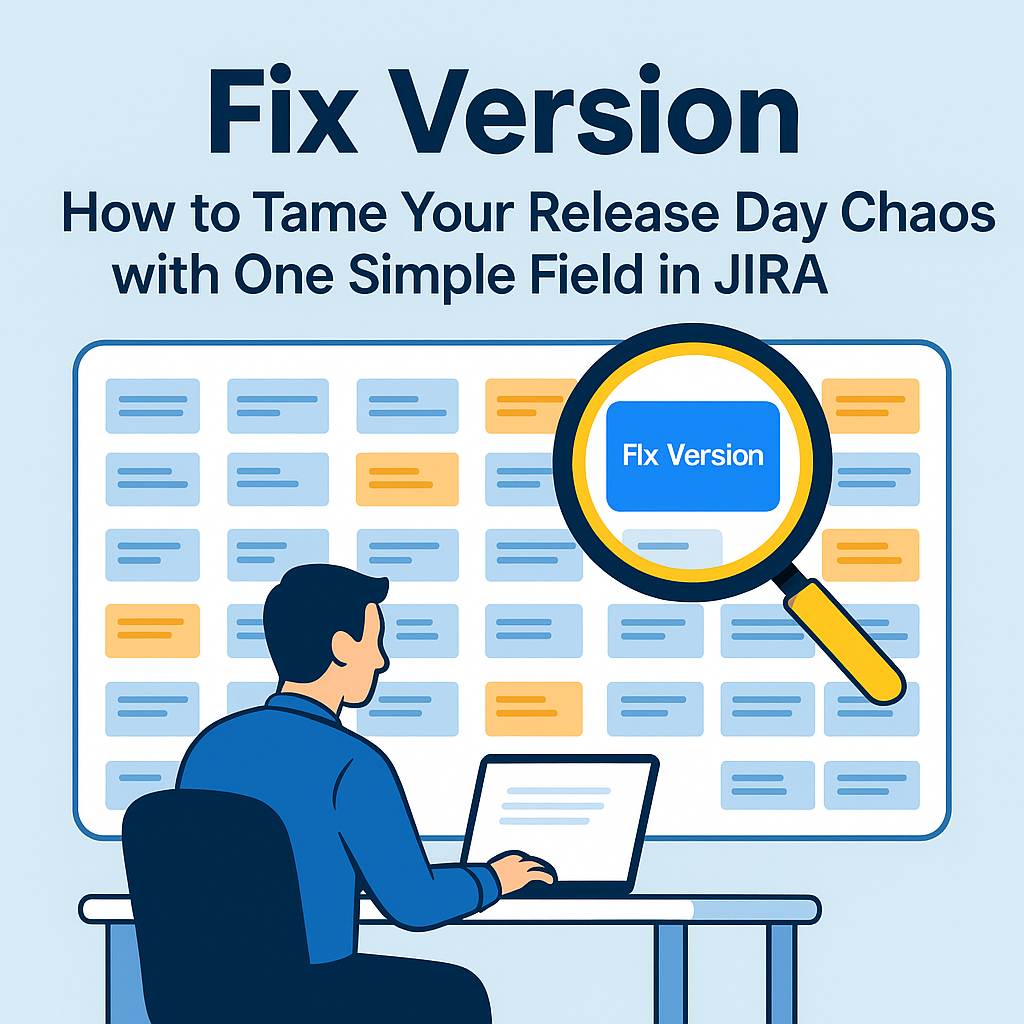
It’s Amazing how fast the AI is transforming the way we operate as individuals. While we moved from calculators, to computers, to smartphones and SAAS, then came AI. Which i personally feel like is huge invention and would surely be remembered as a well deserved timestamp of its own. Here is another advancement which i would like to introduce you to – IoA!
Imagine a world where your digital assistant doesn’t just set reminders or play your favorite tunes but actively collaborates with other intelligent entities to manage your daily tasks, make decisions, and even negotiate on your behalf. Welcome to the Internet of Agents (IoA)—a transformative leap in the digital landscape that’s reshaping how we interact with technology.
From Connected Devices to Intelligent Agents
We’ve journeyed from the Internet, a vast network connecting people and information, to the Internet of Things (IoT), where everyday objects like refrigerators and thermostats are connected, collecting and sharing data. Now, we’re stepping into the era of the Internet of Agents, where autonomous software entities, or “agents,” operate independently, making decisions and taking actions without human intervention.
But What Exactly Is an Agent?
An agent is a software program designed to perceive its environment, process information, and act upon it to achieve specific goals. Unlike traditional programs that follow predefined instructions, agents are autonomous, capable of learning, adapting, and collaborating with other agents to accomplish complex tasks.
How Do Agents Operate?
Let’s break down the mechanics of an agent’s operation:
1. Perception: Agents gather data from their environment, which could be anything from user preferences to real-time market trends.
2. Processing: They analyze this data using artificial intelligence techniques, such as machine learning and natural language processing, to make informed decisions.
3. Action: Based on their analysis, agents perform actions—like booking a flight, adjusting a thermostat, or even negotiating a contract.
4. Learning: Over time, agents learn from their experiences, refining their decision-making processes to better serve their objectives.
Real-World Applications of IoA
The potential applications of the Internet of Agents are vast and varied:
• Personal Assistants: Imagine an agent that not only schedules your meetings but also coordinates with other agents to find the optimal time and location, considering traffic, weather, and your personal preferences.
• E-Commerce: Shopping agents can compare prices across platforms, apply discounts, and make purchases on your behalf, all while learning your preferences to make better choices over time.
• Healthcare: Agents can monitor patient data, schedule appointments, and even alert medical professionals in case of anomalies, ensuring timely interventions.
• Finance: Financial agents can manage investments, monitor market conditions, and execute trades autonomously, optimizing portfolios based on real-time data.
IoA vs. IoT: Understanding the Difference
While both IoA and IoT involve interconnected systems, their core functionalities differ:
• IoT focuses on connecting physical devices to collect and exchange data. For example, a smart fridge that notifies you when you’re out of milk.
• IoA emphasizes autonomous decision-making by software agents. For instance, an agent that not only knows you’re out of milk but also orders it for you from your preferred store.
The Road Ahead: Opportunities and Challenges
The Internet of Agents promises increased efficiency, personalized experiences, and the automation of complex tasks. However, it also raises important considerations:
• Security: Ensuring that agents act in the user’s best interest and protect sensitive data is paramount.
• Ethics: As agents make more decisions on our behalf, establishing ethical guidelines to govern their actions becomes crucial.
• Interoperability: Developing standards that allow agents from different developers and platforms to communicate effectively is essential for a cohesive IoA ecosystem.
Conclusion
The Internet of Agents represents a significant evolution in our digital journey, moving from passive data collection to proactive, intelligent action. As we embrace this new era, it’s essential to balance innovation with responsibility, ensuring that these digital agents enhance our lives while safeguarding our values and privacy.





Leave a Reply